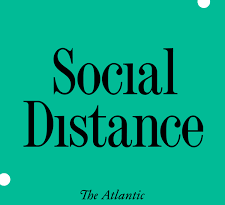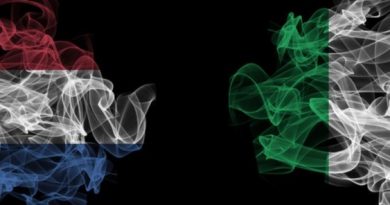Germans: more natural resistance than Brits?
Karl Friston, neuroscientist at the University College London, talks to the Guardian about the use of generative models in the current pandemic. Generative models try and describe the mathematical structure of the phenomenon, building into it an ever increasing understanding of the causes of what is observed. The models claim to have higher predictive power than conventional models used by epidemiologists, which rely on analysis of a vast number of historical data.
As an aside, Friston speculates that the low German fatality rate might not be due to their superior testing capacity, but to more immunological resistance, “dark matter” in his words.
A provocative thought. But how about Germany’s speed of reaction after the outbreak, how about the importance of clusters and red zones (London!) in spreading the virus? How to explain the still lower fatality rates in such diverse countries as Albania, Austria, Czech Republic, Greece, Slovenia?
More worrying perhaps: the curve no longer flattens in Germany, but the smoothed R-factor seems to creep up. Are Germans the first ones experiencing a second wave(let), or the first ones aware of it?

